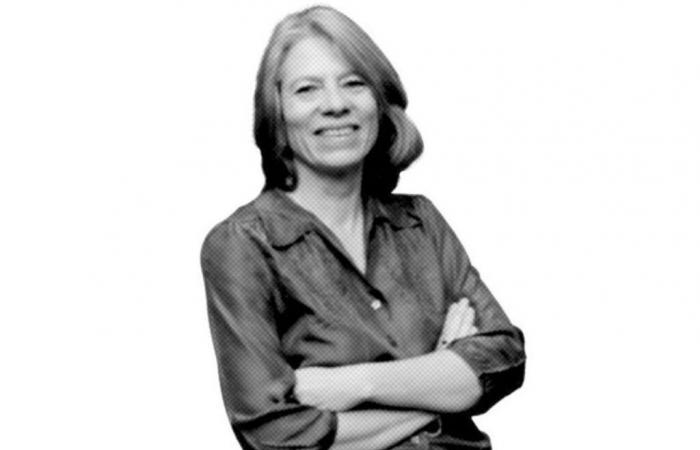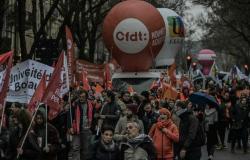In recent months I have the feeling that political life in France takes place in increasingly sealed spaces. On the one hand, there is national political life, which is like a bad play: chin thrusts, murderous little phrases, tacks, betrayals. Michel Barnier, target of his allies; the left torn between government culture and unbridled provocation; the National Rally, a threatening arbiter, soon condemned for embezzlement of European funds. The citizen spectators waver between forced laughter, the desire to leave the room, and the hope that the actors' performance will improve. We can hardly imagine a happy outcome to this vaudeville.
And then there is local political life. It is far from peaceful: the National Rally continues to score points, and attacks against elected officials are more numerous. But it remains a place where links between citizens and their elected representatives exist, where there is a form of listening, where taking into account social, economic and territorial realities still allows us to chart a course. The contrast with the national scene is striking.
The mayor has always been a political figure appreciated by the French, and we can bet that this also applies to those who head the department in charge of social issues, and even the more distant regions, which take care of daily transport and high schools. This separation between the local and the national has been further accentuated by the rule of non-cumulative mandates which prohibits, for example, being both mayor of a large city and deputy. It should make it possible to broaden the circle of those who want to be elected and encourage the renewal of people, which is commendable. It also had the perverse effect of further dissociating the two political worlds.
All is not rosy in local politics. There are clienteles, localism which can confine us, competition between territories which makes us forget the redistribution between rich and poor, the temptation for the local elected official to think of himself as king in his kingdom. In our country, the role of the State has been central to ensuring respect for the principle of equality. But today the problem lies. Equality is being undermined in education, health, security and the right to housing. How can national elected officials, obsessed with their electoral agenda, so neglect issues as essential as the concrete improvement of public services?
Promoting collaboration between elected officials and public agents on the ground, and those who decide in Paris, is a refrain heard a thousand times. Yes, but things are getting worse. The Court of Auditors, for example, showed in a recent report that at the end of 2023, only 1.31% of the five billion euros announced for the “Marseille en grand” plan in 2021 had been spent. In the meantime, poor housing, drug-related score-settling, and educational inequalities have flourished.
There cannot be parallel political worlds in a democracy. This widening gap between national political life and local political life is a wake-up call. It is a sign that the French in turn could find it increasingly difficult to talk to each other, between French people from medium-sized towns and inhabitants of metropolises, between towns and the countryside. The farmers' movement feeds directly on these misunderstandings. Without a common vision of responsibilities between local and national elected officials, society will be even more fractured. And here again we cannot imagine a happy outcome.






